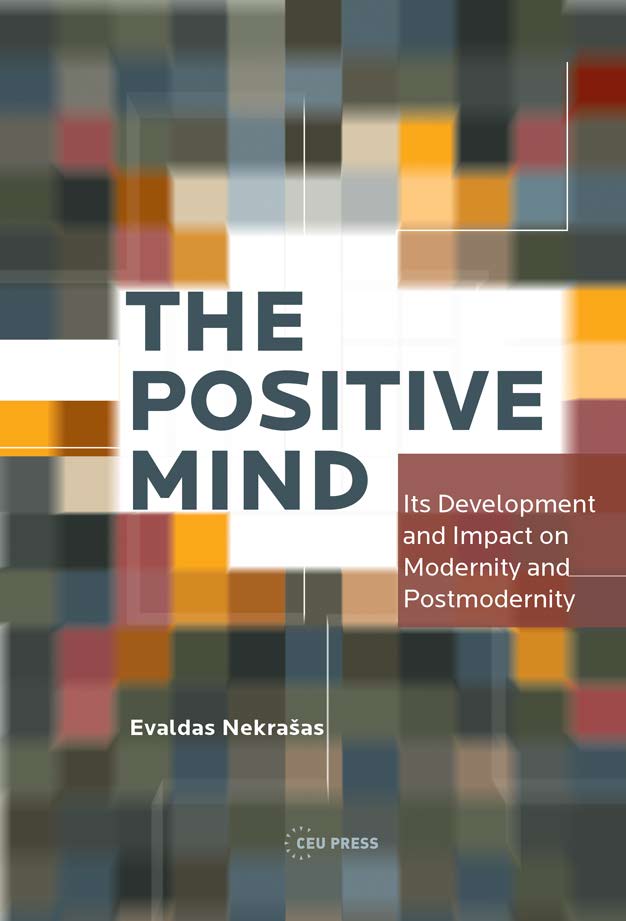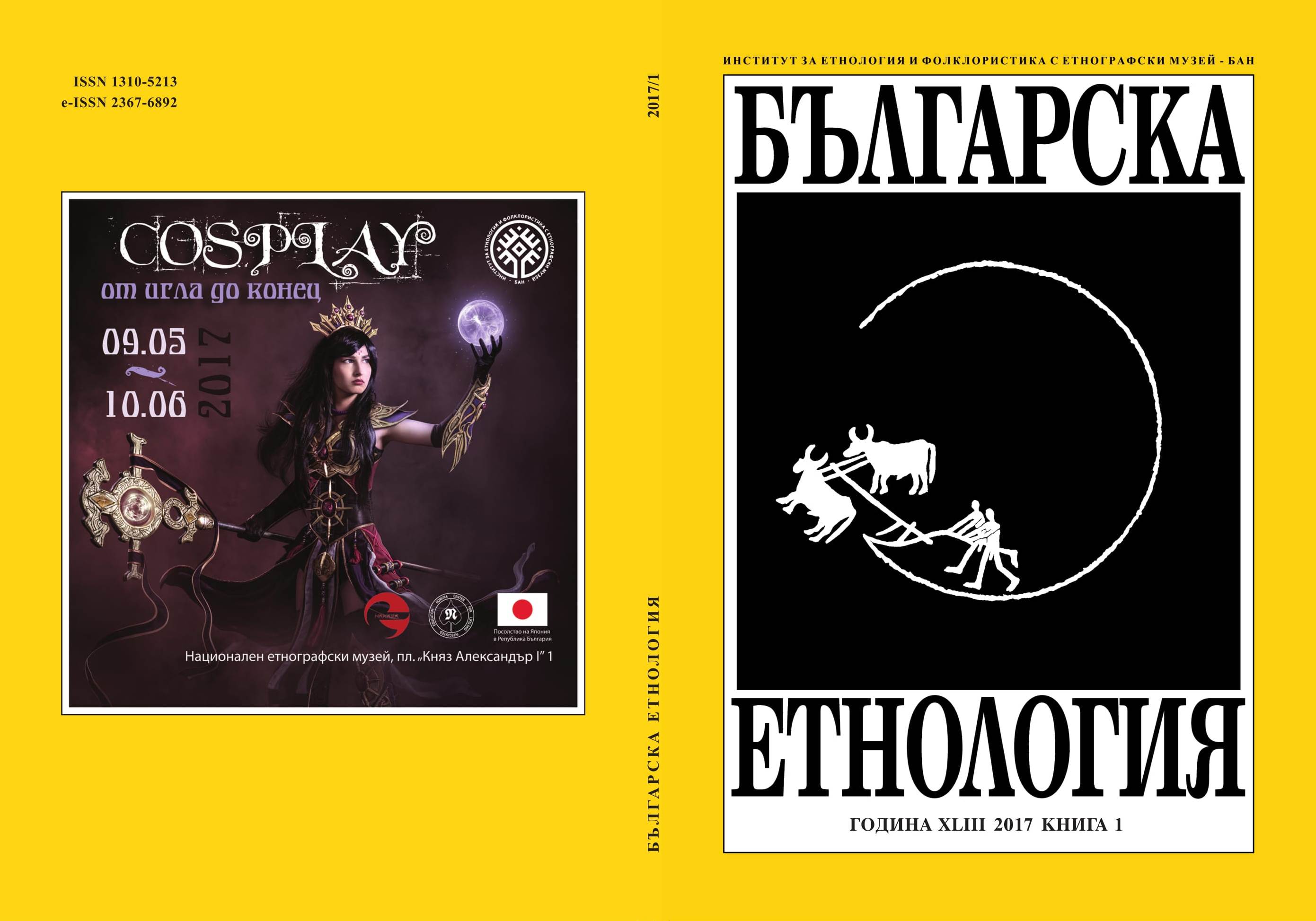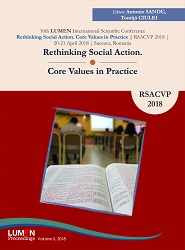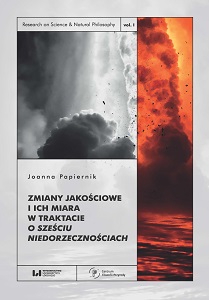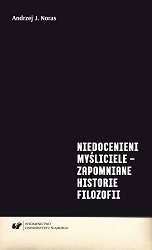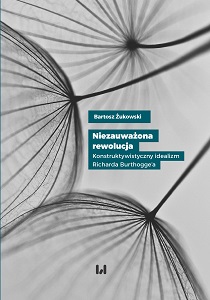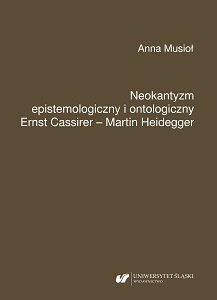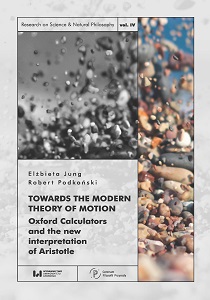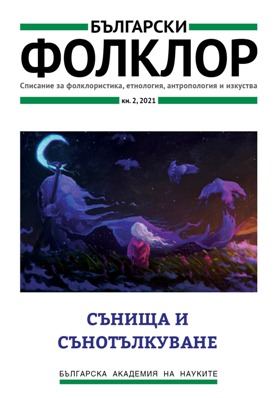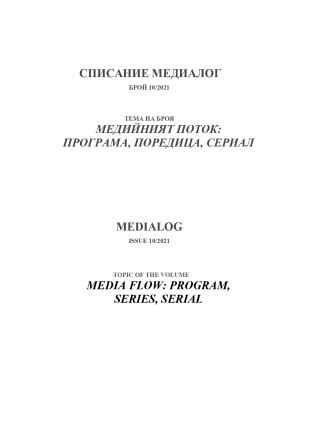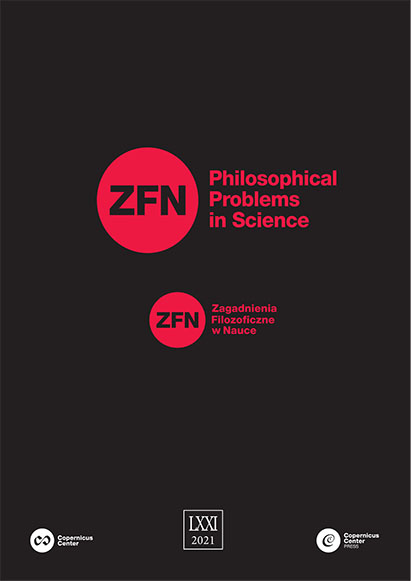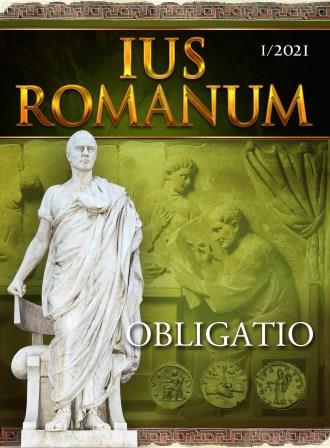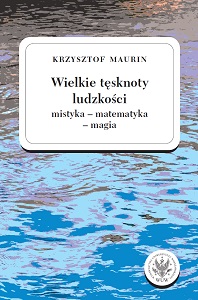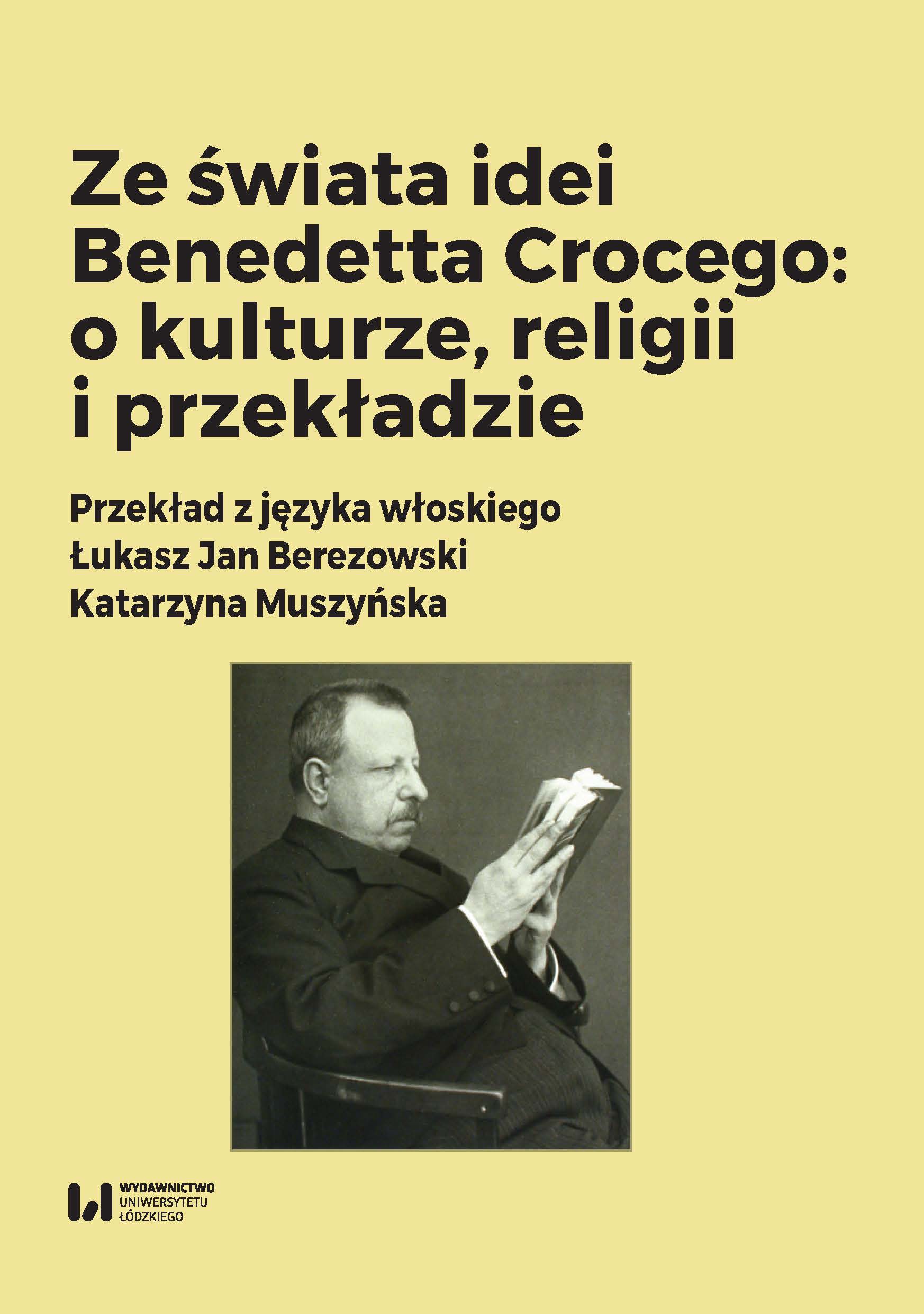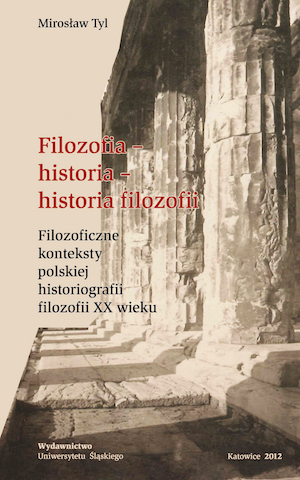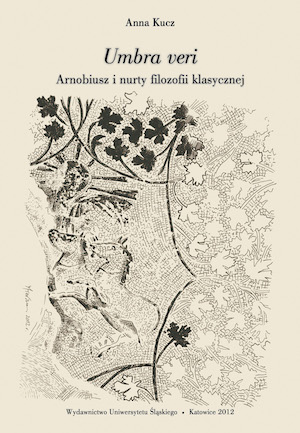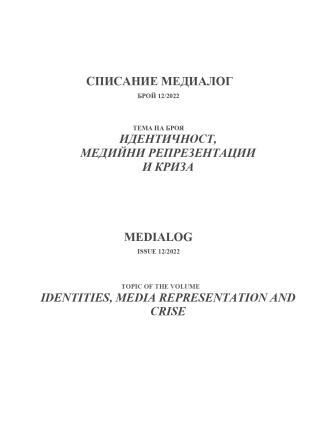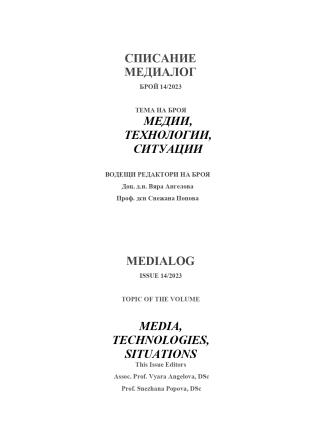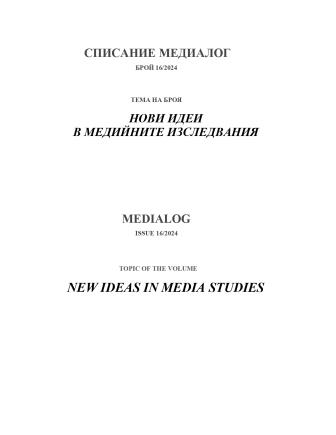Author(s): Andrzej J. Noras / Language(s): Polish
The book constitutes a presentation of the views of thinkers who, for no readily apparent reasons, have been forgotten, sidelined in some way. This is particularly incomprehensible since each of them is an author of an extremely interesting history of philosophy which constitutes an attempt at capturing its events through the perspective of their given aspect event. Each aims at a different view of philosophy, accentuating a different facet. Each is interested in a typology of philosophy, but understands it in a different way. Karl Groos is a thinker known not only for the history of philosophy analysed in this book, but also for being interested in the theory of play, understood as “exercising out” (Einübung). Published in 1924, Groos’s history of philosophy is entitled Der Aufbau der Systeme and its main intention is to introduce order into the multiplicity of philosophical doctrines. Groos is primarily interested in the mystery of the logical architecture of systems, the formal aspect of their structure. Hans Leisegang is a thinker who deserves special attention and who twice in his life experienced the power of totalitarianism. For the first time it happens when he does not acknowledge Hitler as the Chancellor of Germany, and for the second time when he refuses to submit to the Soviet power. The first time, his insubordination is punished by prison and the loss of his professorship in Jena. The second time, he is forced to leave Jena and move to Berlin to the newly-found Freie Universität Berlin. Leisegang, differently to Groos, but similarly to Moog, writes several histories of philosophy, three of which are intended to popularize the field. It is the fourth one which sparks particular interest. The book Denkformen is published for the first time in 1928 and for the second in 1951. The work is built on an assumption that human thought employs a limited number of thought structures which recur/repeat themselves in history of philosophy and, at the same time, usurp the absolute rule — which is connected with accepting Dilthey’s stance. Leisegang reduces all kinds of thinking in the history of philosophy to four thought forms which are: (1) the form of thought-circles (Denkform des Gedankenkreises), (2) the form of circle of circles (Denkform der Kreis von Kreisen), (3) the form of conceptual pyramid (die Begriffspyramide), and (4) The Euklidean-mathematical thought-form (die euklidisch-mathematische Denkform). The last philosopher to be analysed in the book is Willy Moog, Karl Groos’s student. Out of all the thinkers discussed here, his contribution to the study of German philosophical thought is the greatest, and its material expression is embodied in three important books from the field of German philosophy. The first constitutes an in-depth study of psychologism and was compiled out of parts of the author’s habilitation thesis (Logik, Psychologie und Psychologismus. Wissenschaftssystematische Untersuchungen. Halle a. S. 1919). The second book is the history of the newest German philosophy Die deutsche Philosophie des 20. Jahrhunderts in ihren Hauptrichtungen und Grundproblemen. Stuttgart 1922), while the third one analyses philosophy of Hegel and the followers who draw upon his thought – Hegel und die Hegelsche Schule (München 1930). In 1932, Moog publishes a book which constitutes a perspective of the history of philosophy which is alternative to the ones proposed by his teacher Karl Groos and Hans Leisegang. The work is entitled Das Leben der Philosophen (Berlin 1932), and its subject are the philosophers’ lives, where the author tries to show the connection between a thinker’s biography and the views which he voiced. The work does not intent to relativise the views of a given philosopher, but it attempts to demonstrate that a philosophical system constitutes an expression of the most inner nature of its creator, and in this sense, what is individual is captured in its objective meaning and transposed onto the plane of that which is above the individual.
More...
